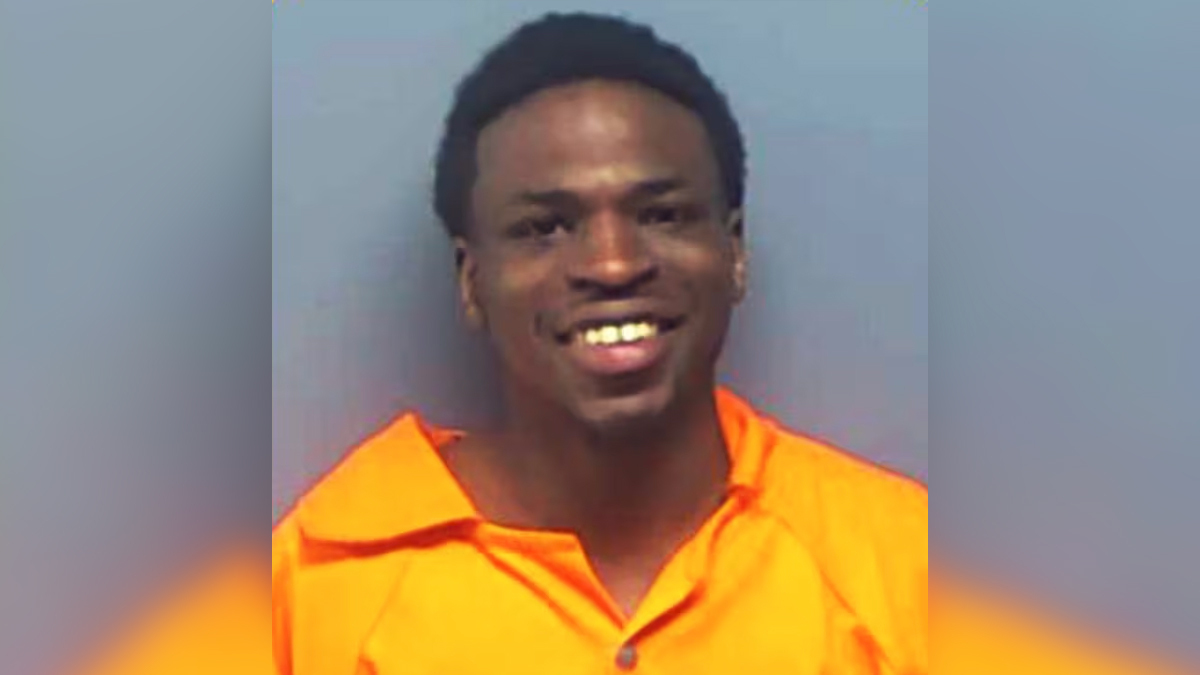President Donald Trump delivered the commencement address at West Point, congratulating the cadets on their achievements and emphasizing his administration’s focus on rebuilding the military. He praised individual cadets, highlighted military accomplishments, and criticized past policies.
Louisiana inmate recaptured a day after tipster alerted authorities of his escape

Key Takeaways:
- President Trump delivered the commencement speech at West Point during his second term.
- He emphasized rebuilding the military and strengthening the U.S. Armed Forces.
- Trump criticized previous military engagements and certain social policies.
- Individual cadets and teams were recognized for their achievements.
- The President offered advice and encouragement to the future officers.
President Trump Commends West Point Graduates
President Donald Trump delivered the commencement address at the United States Military Academy at West Point, marking the first military graduation speech of his second term. Addressing 1,002 graduating cadets at Michie Stadium, he congratulated them on joining “the most elite and storied military academy in human history.”
Emphasis on Military Strength
“In a few moments, you’ll become officers of the greatest and most powerful army the world has ever known,” Trump stated. “And I know, because I rebuilt that army, and we rebuilt the military like nobody has ever rebuilt it before in my first term.”
Wearing his signature red “Make America Great Again” hat, the President highlighted his administration’s achievements, claiming credit for America’s military might and describing the U.S. as the “hottest country in the world.”
Critique of Past Policies
Trump criticized previous leaders for involving soldiers in “nation-building crusades to nations that wanted nothing to do with us.” He emphasized redirecting the military’s focus to its core mission: “crushing America’s adversaries, killing America’s enemies, and defending our great American flag like it has never been defended before.”
He also addressed social issues within the military, stating, “The job of the U.S. Armed Forces is not to host drag shows or transform foreign cultures,” referencing certain events that had drawn criticism.
Acknowledging Cadet Achievements
Throughout his speech, the President took time to recognize individual cadets and their accomplishments. He invited Cadet Chris Verdugo to the stage, highlighting his impressive completion of an 18.5-mile march on a freezing January night in just two hours and 30 minutes.
Trump also had the top-ranking lacrosse team stand for recognition and brought West Point’s football quarterback, Bryson Daily, to the lectern, praising his “steel-like shoulder.” He used Daily as an example in discussing athletic policies.
Advice to the Graduates
Offering guidance to the future officers, Trump urged them to pursue what they love, think big, work hard, and hold onto their culture. “This is a time of incredible change, and we do not need an officer corps of careerists and yes men,” he said. “We need patriots with guts and vision and backbone.”
He encouraged the cadets to “never ever give up,” emphasizing the importance of resilience and dedication in their upcoming roles.
Closing Remarks and Future Focus
“We’re going to keep winning, this country’s going to keep winning, and with you, the job is easy,” Trump concluded, noting that he was leaving to address matters involving Russia and China.
Demonstrations Outside the Academy
Before the ceremony, a group of demonstrators gathered near the campus, waving miniature American flags. Signs reading “Support Our Veterans” and “Stop the Cuts” were displayed, alongside messages like “Go Army Beat Fascism.”
Context and Previous Addresses
Trump’s speech follows his 2020 commencement address at West Point during the height of the COVID-19 pandemic. That ceremony drew scrutiny as cadets returned to campus amidst health concerns.
Additionally, Vice President J.D. Vance recently spoke to the graduating class at the U.S. Naval Academy in Annapolis, Maryland, emphasizing the administration’s efforts to ensure soldiers are deployed with clear objectives rather than “undefined missions” and “open-ended conflicts.”











